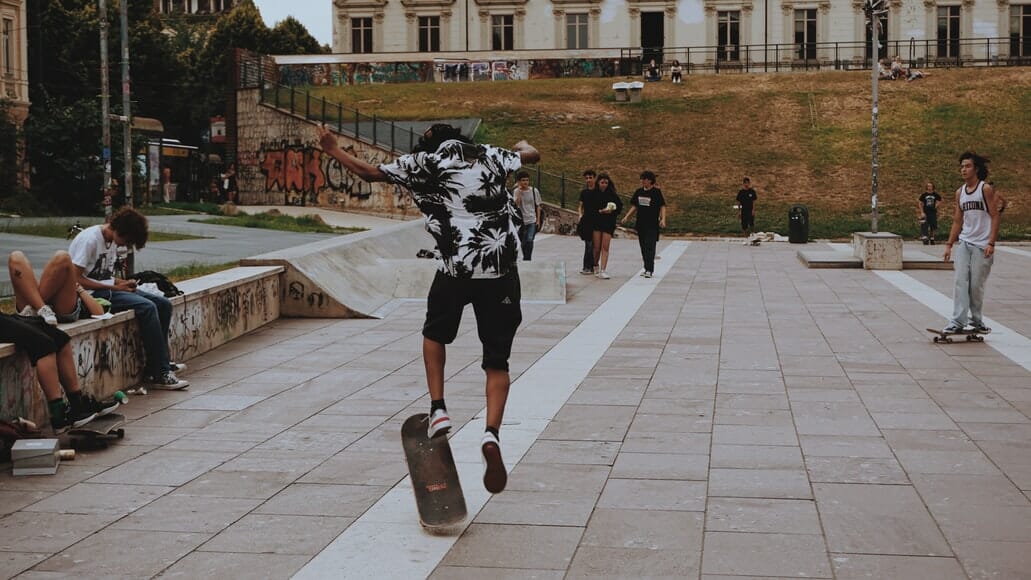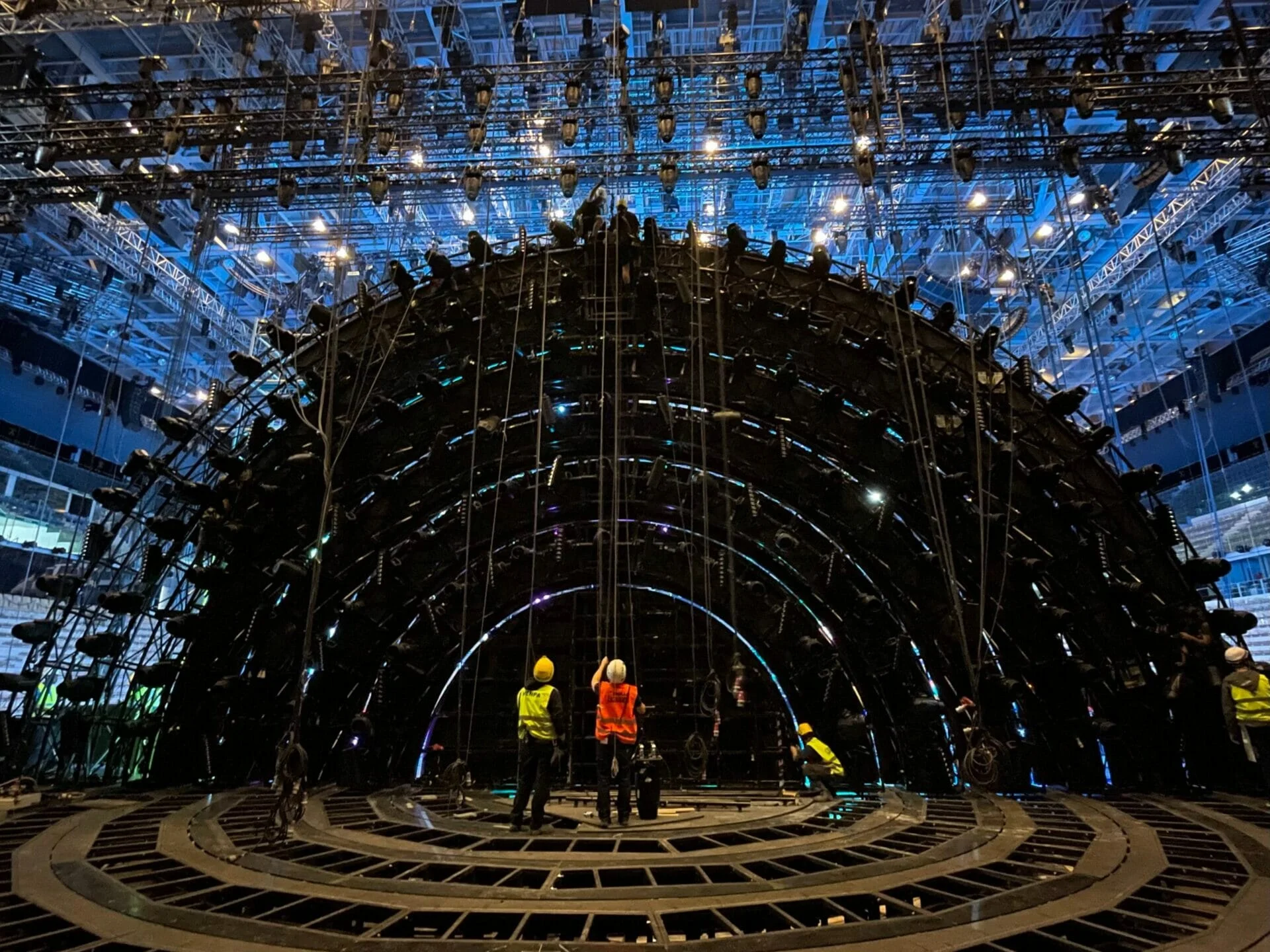
Educazione Sabauda | Sounds from Torino
Artist
Year
Country
Tracks
Runtime
Written by
Produced by
Genre
Label
In November 2015 songwriter and rapper Willie Peyote released his second studio album, Educazione Sabauda.
At the time Peyote – born Guglielmo Bruno – was hardly known outside of the underground music scene of Turin, his hometown. His first solo album, Non è il mio genere, il genere umano, came out in 2013 and forecasted a change in the songwriter’s sound. The artist pursued a solo career after an EP trilogy with his band, the Funk Shui Project.
Funk and soul meet the Orchestra
Born and raised in Turin, Peyote was an emerging artist whose sound was deeply linked to funk and soul music. These genres emerge in Educazione Sabauda, along with jazz and swing crossovers. The album is a triumph of musical instrumentation, from the drums to the wind instruments. In order to enhance the musical component on the following tour, Peyote invited the Sabauda Orchestra Precaria to join him on the stage.
Torino sounds like
The themes the artist explores in the record vary from matters of social justice to emotional struggles.
“Passiamo a uno screening delle sue caratteristiche psicologiche
An excerpt from the movie Santa Maradona, featured on the first track of the album.
Parliamo pure liberamente per conoscerci meglio…
Allora, quale crede che sia il suo maggior pregio?”
“La sincerità”
“E il suo principale difetto?”
“La sincerità”
“Qual è la sua più grande aspirazione?”
“La sincerità”
“E allora mi dica, qual è il reddito annuo della sua famiglia?”
“La sincerità”
The album transports the listener into the Turin of the early 2010s: its markets, bars, and contradictions. Peyote is not afraid to name names and call out politicians in tracks like Io non sono razzista ma…. In this song, he explores the migration crisis and its issues. Peyote discusses religion, society trends and morals in depth. He does so using a sharp language and a provocative edge. Tracks like E allora ciao and The Truman Show are the best examples. The artist describes current events with sagacity and sarcasm, using puns to enhance the focal points.
Peyote’s rhythm and lyric-writing abilities take the spotlight in Educazione Sabauda. In fact, they outshine the harmonized melodies and catchy refrains.
Songwriting meets rap
Peyote refers to himself as a rapper and songwriter, even though he struggles with labels. In fact, he states “Dire cantautore fa subito festa dell’Unità e dire rapper fa subito bimbominkia*” in his social media bio.
*Editor’s note: “To say singer-songwriter makes immediately Festa dell’Unità [an annual social-democratic political party festival in Italy] and to say rapper makes immediately bimbominkia [a neologism to say childish and stupid person]”.
His inspiration comes largely from Italian songwriters from the previous decades. Francesco Guccini and Franco Battiato are often referenced in his work. In fact, Peyote paid homage to his inspirations reinterpreting De André’s Bombarolo for the tribute album Faber Nostrum. In addition, there is a strong Frankie hi-nrg mc influence, also a Turin artist, both in terms of themes and style.
The production of Educazione Sabauda links the instrumental virtue of the record with an electronic undertone. This magic is worked by Frank Sativa. Sativa is a DJ and producer who made a name for himself by working with Tormento from the band Sottotono.
Sativa brought the funk and soul sonorities that pair so well with Peyote’s songwriting. Peyote and Sativa have a long history of collaborating and touring together. As a result, the record sounds coherent and smooth. In conclusion, Educazione Sabauda mixed social themes, different musical genres and a dense flow in order to create a hip hop album that winks at the masters of songwriting.
Tag






